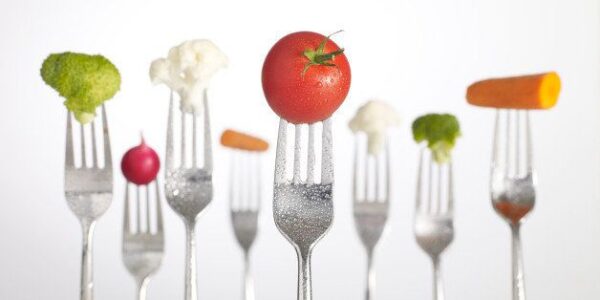
A balanced diet and proper nutrition aren’t just essential for maintaining a healthy heart, glowing skin, or an active mind. These two elements significantly impact the health of our urological system, too. Comprising the kidneys, bladder, ureters, and urethra, the urological system plays a crucial role in waste elimination and fluid balance in the body.
1. Nutrition and Kidney Health
a. The Importance of the Kidneys
The kidneys, two bean-shaped organs, are responsible for filtering out toxins and excess waste, controlling blood pressure, and ensuring a balance of minerals and electrolytes. Thus, preserving kidney health is paramount.
b. Dietary Recommendations
- Stay Hydrated: Drinking enough water helps the kidneys clear out toxins.
- Limit Salt Intake: Excessive salt can cause high blood pressure, which can, in turn, damage the kidneys.
- Watch Protein Consumption: While protein is vital, excessive intake can burden the kidneys. Opt for lean meats, beans, and legumes.
2. Bladder Health and Diet
a. The Role of the Bladder
The bladder, a muscular sac, stores urine until it’s eliminated. Its smooth functioning ensures comfort and prevents infections.
b. Foods for a Healthy Bladder
- Cranberries: These berries are known for preventing urinary tract infections (UTIs).
- Whole Grains: Rich in fibre, they ensure regular bowel movements, reducing the pressure on the bladder.
- Pumpkin Seeds: They can help in alleviating symptoms of an overactive bladder.
c. Foods To Avoid
- Caffeine & Alcohol: Both can irritate the bladder, leading to urgency and frequency.
- Spicy Foods: These can be irritants for some individuals.
- Acidic Foods: Tomatoes and citrus fruits can sometimes irritate the bladder lining.
3. Urethra and Ureters: Key Dietary Considerations
The ureters transport urine from the kidneys to the bladder, while the urethra is responsible for discharging urine outside the body. Keeping them in prime condition ensures a seamless waste-elimination process.
- Limit Calcium Intake: Excessive calcium can lead to the formation of kidney stones, which can block the ureters.
- Opt for Alkaline Foods: They can help maintain a balanced pH level, reducing the risk of infections in the urethra.
4. Nutrition’s Role in Urological Conditions
a. Prostate Health
For men, the prostate gland, which is part of the urological system, is crucial. Nutrients like zinc, found in nuts and seeds, and lycopene, found in tomatoes, play an essential role in maintaining prostate health.
To reduce the chances of experiencing prostate problems, consider taking a supplement that contains a powerful mix of natural ingredients, such as VitaPost’s Prostate Plus. This supplement aims to tackle typical issues linked to prostate conditions and enhance the overall functionality of the prostate.
b. Preventing UTIs
Women, more than men, are prone to UTIs. A diet rich in vitamin C can create a more acidic urine, unfavourable for bacterial growth.
c. Kidney Stones
A low-oxalate diet can prevent the formation of calcium oxalate stones. Foods high in oxalates, like spinach, rhubarb, and beets, should be consumed in moderation.
The Urocare Clinic, a leading institution in urological health, frequently emphasises the importance of diet in managing and preventing urological conditions. By adhering to specific dietary guidelines and understanding the impact of various foods, one can drastically reduce the risk of urological issues.
Conclusion
The interrelation between diet, nutrition, and urological health is profound. By embracing a balanced diet, not only do we support our overall health, but we also fortify our urological system against potential ailments. Remember, the food choices we make today lay the foundation for our health tomorrow. Choose wisely and stay informed.
